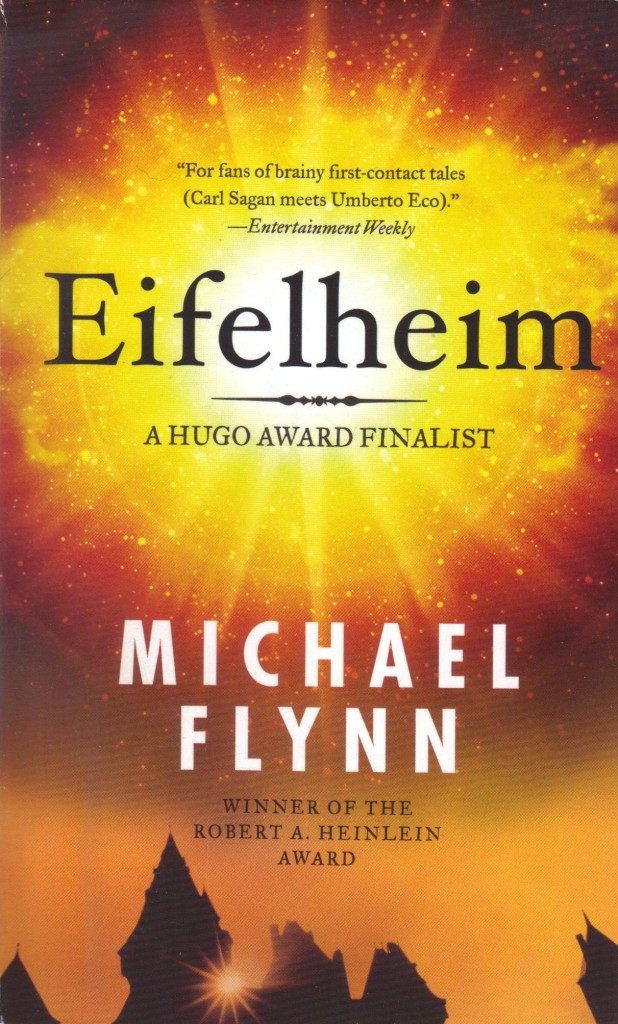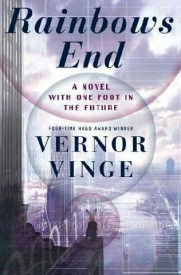


I really love the idea of a historian discovering evidence of an extraterrestrial visitation in medieval Europe. That concern aside, there is much to like about this book. There are many tiny factors that determine where towns are built and which survive, and I cannot imagine a workable mathematical model that could take them all into account. Of course, such thinking could certainly point out good candidates for towns, but I do not believe it would be so accurate that failing to find a town where one is predicted to be would necessarily indicate some huge mystery. We are expected to believe that cliology can predict (using the differential geometry induced by an unorthodox distance metric taking into account factors other than simply physical distance) exactly where towns would be built. However, I'm afraid I find this particular application "a bit hard to swallow".

I am a big proponent of the idea that mathematics has many unexpected applications, and think that fiction is a good way to explore this idea. (This is a universe where a librarian that Tom meets explains that she also wanted to be an analytical historian, but couldn't handle the differential topology!) In fact, Flynn wrote an entire appendix on the subject he calls "cliology" in a previous novel, In the Country of the Blind (although there it was used to predict the future rather than understand the past). To those who may be wondering what sort of sophisticated math could be used by a historian, let me emphasize that this is one of the fictional aspects of Michael Flynn's universe. That is, until their research areas begin to coincide in studying what event of cosmological significance happened in the town of Eifelheim, Germany in the 14th century. Unfortunately, since they work in such different areas (he's a "mathematical historian" and she's a cosmologist), each finds their partner's obsession annoying. They share an apartment, both use sophisticated mathematics in their research, and both become completely obsessed with the problem they are studying. In this award winning science fiction novel, Tom and Sharon have a lot in common. Note: This work of mathematical fiction is recommended by Alex for hardcore fans of science fiction. (click on names to see more mathematical fiction

A list compiled by Alex Kasman ( College of Charleston)


 0 kommentar(er)
0 kommentar(er)
